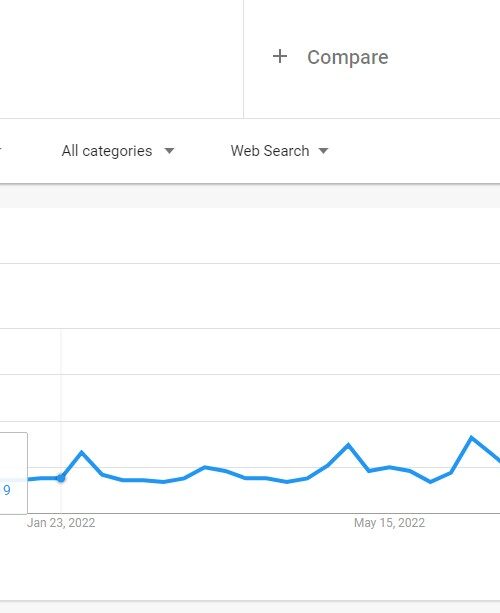Key Learnings from 50 Saved LinkedIn Posts

As promised, I said I would synthesise the last 100 LinkedIn posts I have saved to read later. I actually lied, I only got to 50 of them.
It turns out I save a lot of stuff, not all of it useful!
It is important to note that I have selected the best leanings from those 50 posts, not noted them all.
Best Ways to Learn SEO
Partick Cunningham from Decathlon Ireland summarises his thoughts on what it takes to learn SEO:
I was having a conversation with someone about this the other day. While there are great SEO’s who don’t own their own websites, the best and most agile SEO’s I know actively test and have the resources to their own or business websites in order to be able to apply new approaches for hypothesis.
I find that they move faster and base decisions on actually knowing what works based on testing rather than theory or having to apply small and low risk batches or reccomendations on client sites. Those actions quite often yield results, but take longer to synthesise and action for other clients. Some of them are also bound by NDA as a result.
I own 10 sites across e-com, content rich and lead gen to be able to test, fail and then win. It may not be for everyone but is a requirement to have the edge in my opinion.
Zaymo Enables Shoppable Emails for Shopify
This could be a gamechanger for all Shopify stores. It would remove friction between product emails and transactions.
There is nothing worse than seeing a product you like and the link sending you to a category to wade through or the wrong variant.
0 to 1m Impressions in 5 Months
This example is actually quite impressive as it’s not just a bunch of nonsense with no context. If course you need the skills to action the actionables but that is why we hire great SEO’s!
Everything starts with well strcutured customer problem identification and keyword research. You can scale pages pretty well once you nail those items.
Chalk and Floor Marketing
Sometimes you have to get down to floor level to succeed. This couple did exactly that by marketing their business with chalk and pavements/concrete.
Sometimes the best ideas are the simplest!
The difference in volume aggregattion between tools
Mark explains the difference in how volumes are aggregated between Google keyword planner and other tools such as ahrefs and semrush.
This is an important distinction as not understanding that Google conflate keywords could wildly throw out your keyword research and also diminish your intent understanding of a subset of queries.
If you want to see more of these, sub below.
